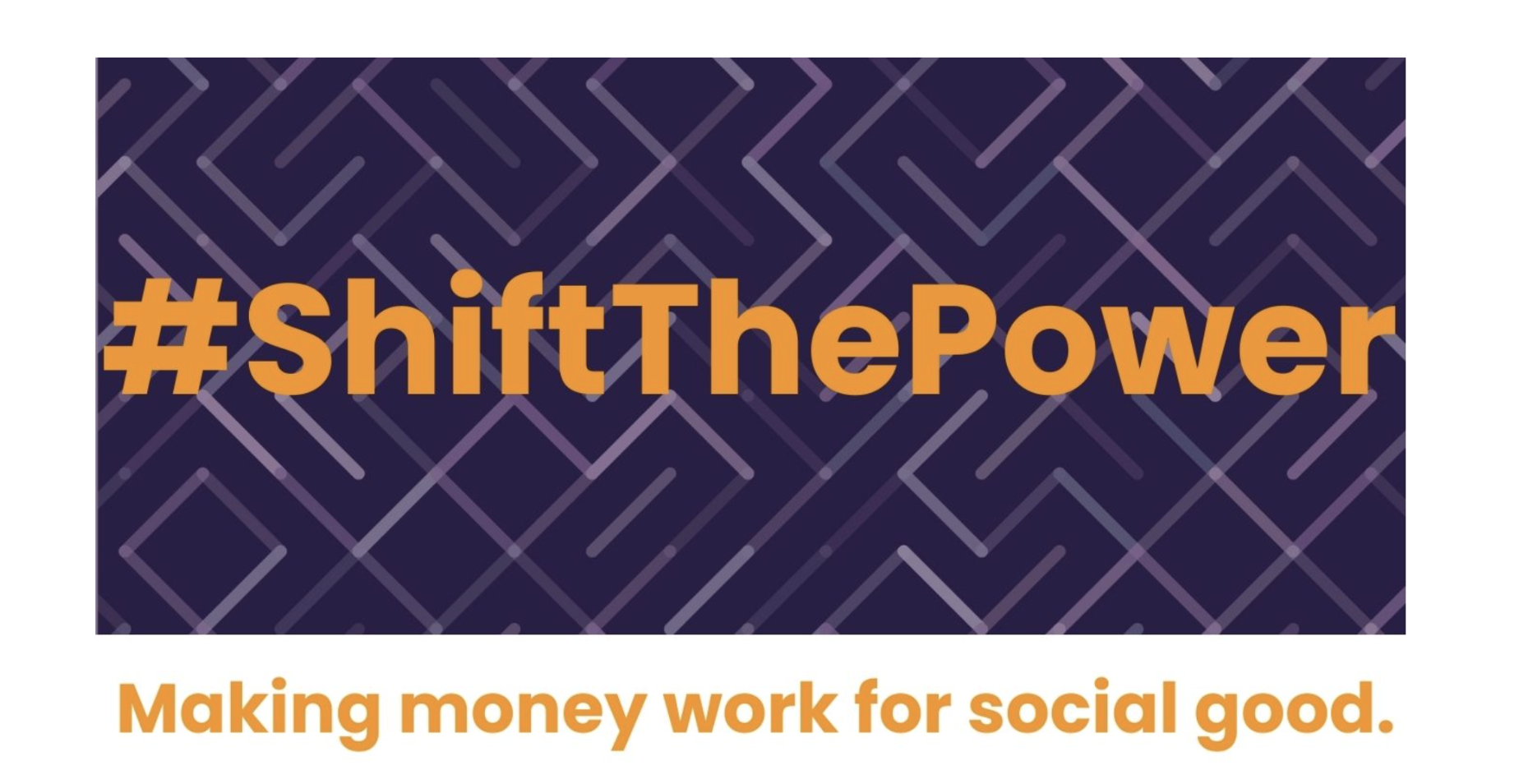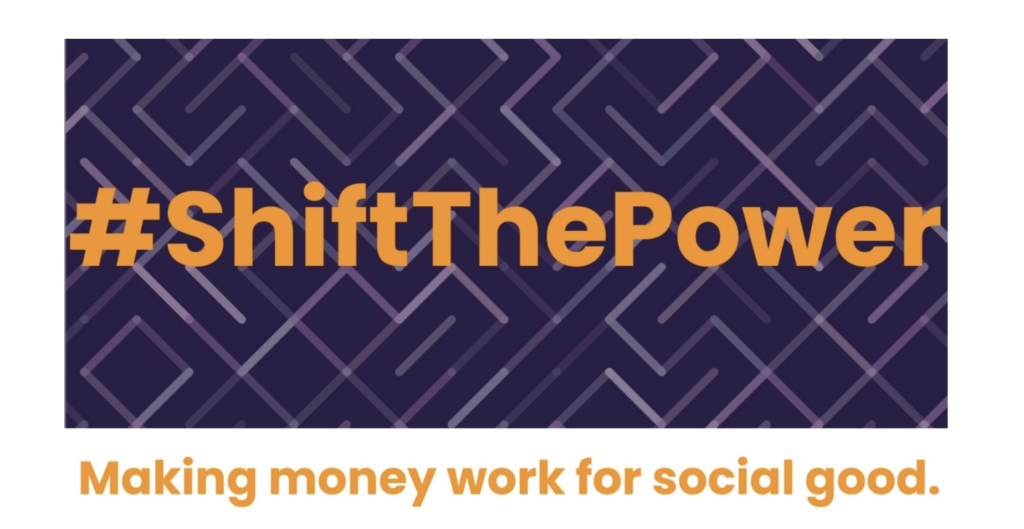Towards a Global Compact on Fair Funding

Tim Boyes-Watson
December 5, 2023

We at Fair Funding Solutions have spent the year developing ideas to share and build on with other participants at the Shift the Power Summit in Bogota. Could a Global Compact on Fair Funding help heal the broken funding system that is damaging civil society and holding back more equitable partnerships?
We are keen to gauge interest from civil society, funders and other stakeholders in adopting a global compact in which:
- Grants are either unrestricted or are required to cover their full costs.
- Funders and grantees collaborate to passport due diligence.
- Funders agree to harmonise their financial reporting requirements and rely on a single audit of each non-profit for their assurance.
Why do we need a Global Compact on Fair Funding?
Problem 1 – The dominant grant-funding mechanisms are harming civil society
There is a growing body of evidence about the beneficial impact of flexible funding for non-profits, because of the benefits this has to organisations’ autonomy, adaptability and sustainability. For some funders, this is becoming the default way they make grants, as they trust that effective governance and regulation mean that their funds will be applied in agreed ways.
However, other funders restrict their funding for use on specific objectives or projects. Decades of research on the non-profit starvation cycle show that restricted grants often fail to cover the full costs of the work that the grant aimed to support. This underfunding of core costs creates risks for the whole funding ecosystem, including the funders themselves. The key risks are:
- Underinvestment in core functions, such as leadership and governance. This can undermine the ability of grantees to manage key risks such as sexual exploitation and abuse, or fraud, which can lead to crises that damage the reputation of the grant recipient, the funder and civil society in general.
- Non-profits cannot become financially healthy and sustainable organisations. This makes civil society more fragile and less likely to be able to play a confident role in holding other stakeholders to account.
- Governments and public opinion can become suspicious and critical of non-profits that are cross-subsidising foreign-funded projects with income from domestic sources.
Problem 2 – The current way funders conduct due diligence is burdensome to grantees
Funders generally conduct due diligence on all prospective grantees as a matter of good practice and to fulfil national and international regulatory and compliance requirements.
Most funders design their own due diligence process and tools and impose these on their grant recipients. In many cases the primary grant recipient makes further grants using their own due diligence processes and tools, which leads to a further proliferation of requirements.
What this means in practice is that national or community-based organisations that receive grants from multiple sources frequently spend a disproportionate level of effort meeting due diligence requirements. The duplication of effort involved is wasting resources that could otherwise be applied to achieve the grant objectives and the missions of the grant recipients. Furthermore, these due diligence processes reinforce unhelpful power dynamics and often fail to support recipients’ own efforts and plans to strengthen their organisation.
Problem 3 – Financial reporting on grants is burdensome and undermines transparency
Most funders require financial reports to be prepared by grant recipients, and often specify the format. This can often significantly complicate the financial management processes that grantees need to undertake to fulfil the financial reporting needs both of their own governance and regulators and funders. Most accounting systems cannot cope with the need to report in many differing formats. Not only is this burdensome for grantees to prepare such reports, it increases the risk of misstatement and fraud. This reduces the level of assurance that stakeholders have over the accuracy and consistency of financial reports.
In some cases, funders require separate audits of their grants, creating even more work for grantees. Unfortunately, grant specific audits can fail to identify where costs have been charged to multiple grants, and therefore may not deter or detect double-funding.
These three problems intersect and are huge barriers to more equitable funding practices
These problems are global in nature and affect funders and their grantees in the Majority World, or Global South, and the Minority World, or Global North. The severity and complexity of the problems increases and intersects in more damaging ways as funding moves through international funding chains. This therefore creates even greater barriers for national and community-based non-profits that are seeking to access funding from international sources.
Proposed Way Forward – A Global Compact for Funders and Grant Recipients
Recent developments in the development of costing methodologies, due diligence passporting and International Financial Reporting Standards for non-profits mean that relatively simple and cost-effective solutions are available to address all three of these problems.
The key remaining barrier is to build sufficient support for collective action by funders and grantees to implement the solutions that are available.
If there is sufficient support for a Global Compact, Fair Funding Solutions is committed to co-creating an enforceable Compact with all stakeholders in a participative process that will be accountable and governed by those stakeholders.
Tim Boyes-Watson, Director and Co-Creator Fair Funding Solutions
Shift the Power Summit, Bogota, 5 December 2023
Join the conversation
If you would like to get involved in discussions around this please sign up here https://bit.ly/3R7BCvW
Want to learn more about some of the initiatives that might make such a Global Compact possible?
As CEO of Mango and subsequently Global Director of Influence and Initiatives at Humentum, I became involved in several collaborative sector initiatives on cost recovery, harmonising due diligence and international accounting standards, that were precursors to the idea of this Global Compact, including:
- IFR4NPO, the first international accounting standards for non-profits.
- The first major research study on cost recovery practice in UK and Europe.
- The world’s first international Standard for Good Financial Grant Practice.
- The UK’s government’s Cost Transparency Approach.
- The development of the Money Where it Counts Protocol.
- The research and publication of the Breaking the Starvation Cycle report.
- The new due diligence passporting tool developed with Charter for Change.
I believe the time has now come to build on these great initiatives and to combine their potential to #ShiftThePower. Do you?